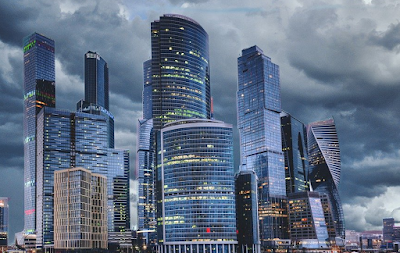Franchise Dispute: When Franchisors Force Purchases to Franchisees

South Korea: International Trade and Distribution Franchise Dispute: When Franchisors Force Purchases to Franchisees Franchise Dispute, Franchise Attorney | Dowoo Hwasan Attorneys & Counselors Fair Trade Team | Hogan Yoon, Esq. Today, we will examine the abuse of transactional position by franchisors, the issue in the Franchise Business Act. An abuse of transactional status refers to the behavior of a franchisor interfering with management such as forcing purchases or giving disadvantages to franchisees in an inferior position by using its superior transaction position. On the other hand, Article 12(1)-3 of the Franchise Business Act prescribes abuse of transactional position, and the specific types are listed in Article 13(1) of the Presidential Decree, Attached Table 2. The types include forcing purchase, unfair coercion, setting or change of unfair contract terms, interference with management, compulsory sales targets, and provision of disadvantages. _________________________


